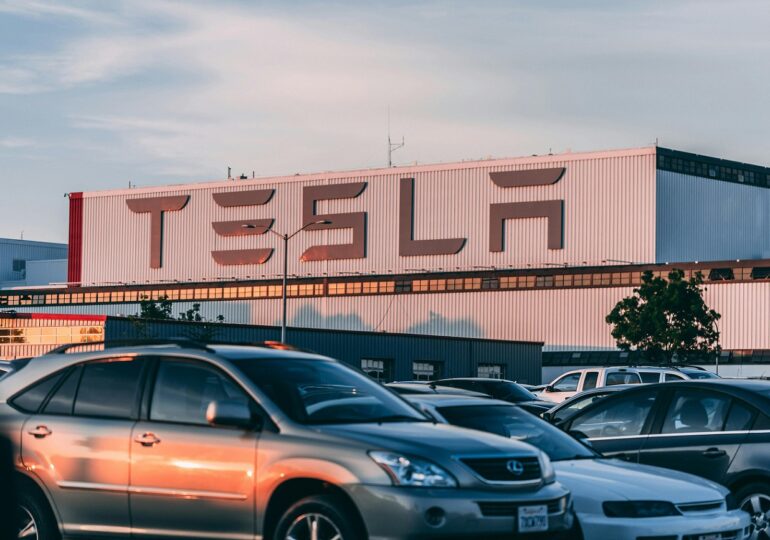Satellite images show that 329 hectares of forest have been cleared to make more room for the factory built by Elon Musk’s company near the capital of Germany.
Satellite images taken by the environmental data company Kayrros show 329 hectares of forest that have been cleared between March 2020 and May 2023. This is equivalent to approximately 500,000 trees, as reported by The Guardian.
The data indicates that the production of electric cars has caused local environmental destruction, as well as global damage through the mining of rare metals, stated Karolina Drzewo from the Turn Off Tesla’s Tap campaign group.
"In one of the driest regions of Germany, the environment has been greatly destroyed. The expansion must be prevented, thus avoiding further deforestation and endangering the protected drinking water area," she said.
"The Tesla factory in Germany has led to the cutting down of many trees. Of course, this must be put into perspective, in contrast to the benefit of replacing internal combustion engine vehicles with electric vehicles," explained Antoine Halff, chief analyst at Kayrros.
According to him, the felled trees represent the equivalent of approximately 13,000 tons of CO2, the amount emitted annually by 2,800 internal combustion engine cars in the US. Thus, he says, this amount of carbon dioxide has been offset by the electric cars produced by Tesla in the factory for which the trees were cut down. "There is always a compromise, so you need to be aware of its terms," emphasized Halff.
The construction of new production spaces at the Tesla Gigafactory near Berlin has sparked extensive protests and has generated a debate about the compromises involved in building a green economy. In contrast, Elon Musk criticized the German police for allowing "left-wing protesters" to express their dissatisfaction in the streets.
Environmental activists protested in May against the planned expansion of the Tesla factory. They occupied three nearby houses and tried to hinder the work after a group of protesters set fire to an electricity pole in March and managed to halt production in the factory for several days.
The plan to expand the Tesla factory near Berlin to double production to one million cars per year was approved in July by the German Ministry of the Environment.
Dozens of environmental incidents have been recorded at this facility where millions of auto battery cells are produced, including diesel, paint, and aluminum leaks. Tesla later admitted that several incidents occurred on the factory site during construction and since the start of production. The company emphasized that none of these events caused harm to the environment and that corrective measures are applied if necessary.
Kayrros measures deforestation using optical images transmitted by the Sentinel-2 satellite. These have a resolution of 10 meters and are publicly available. The data is automatically processed and verified for quality by remote sensing experts.
Kayrros specified that its detection tool was developed to help companies comply with EU regulations on deforestation, under which the import of goods obtained through forest destruction will be banned from the beginning of 2025.
The tool could also be used to independently monitor forests used for carbon offsetting on the voluntary carbon market, the company mentioned.
T.D.

